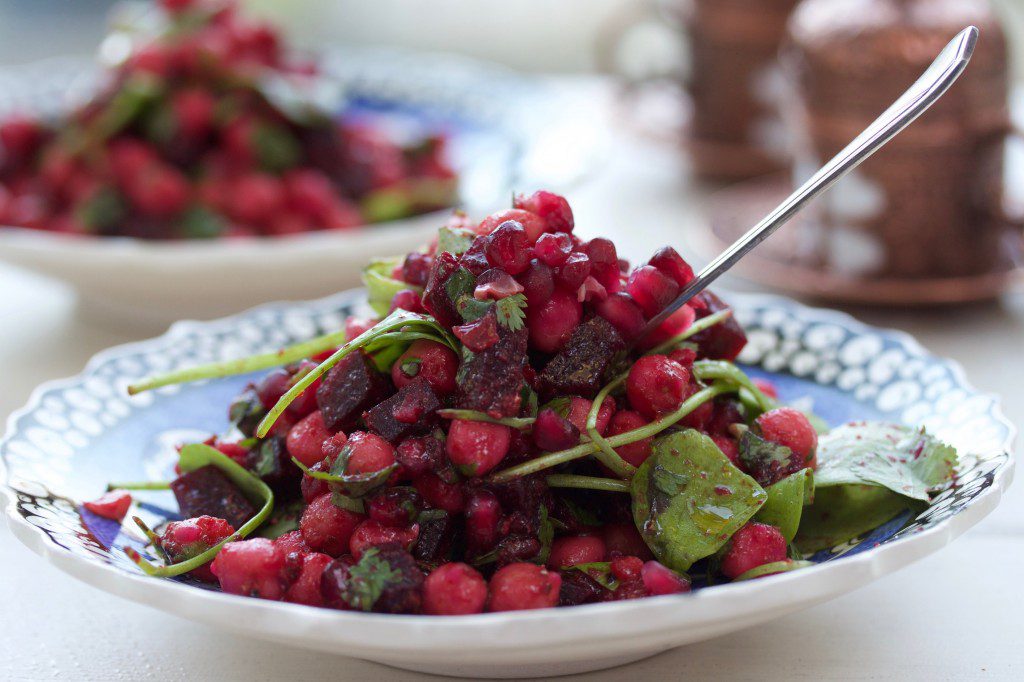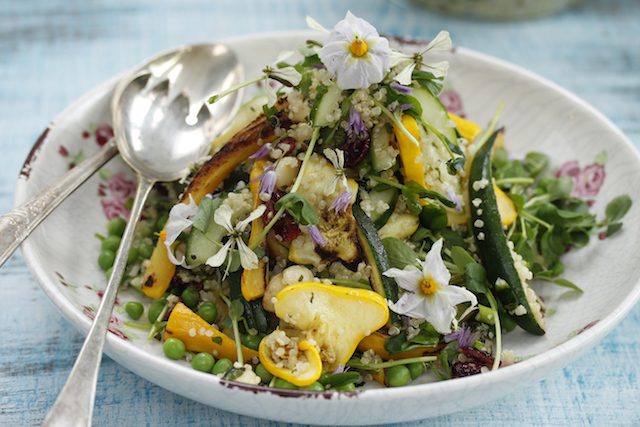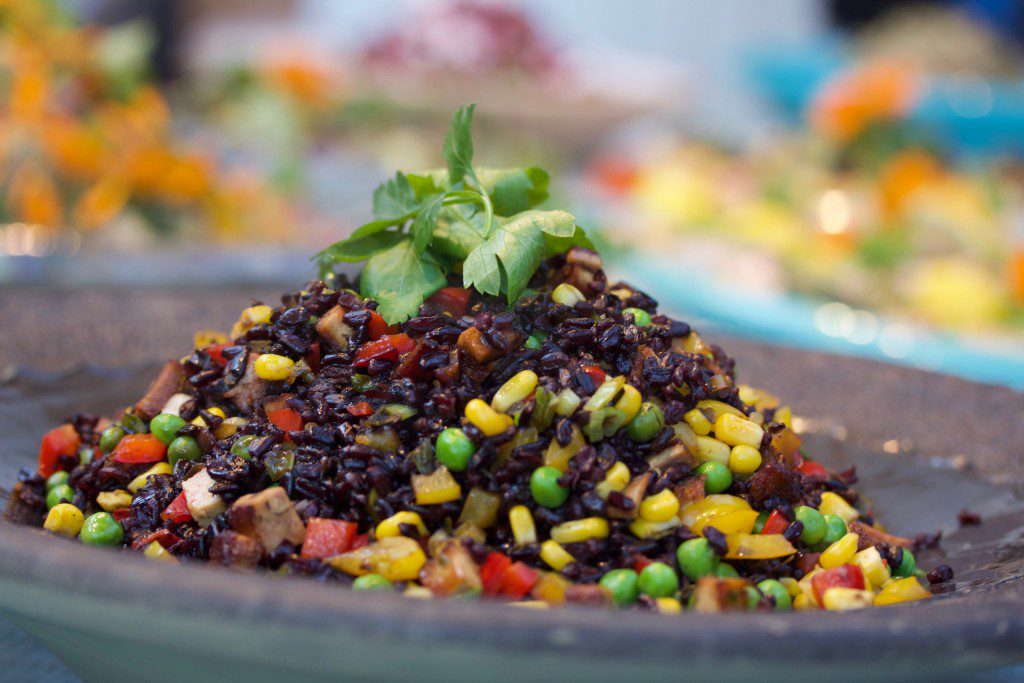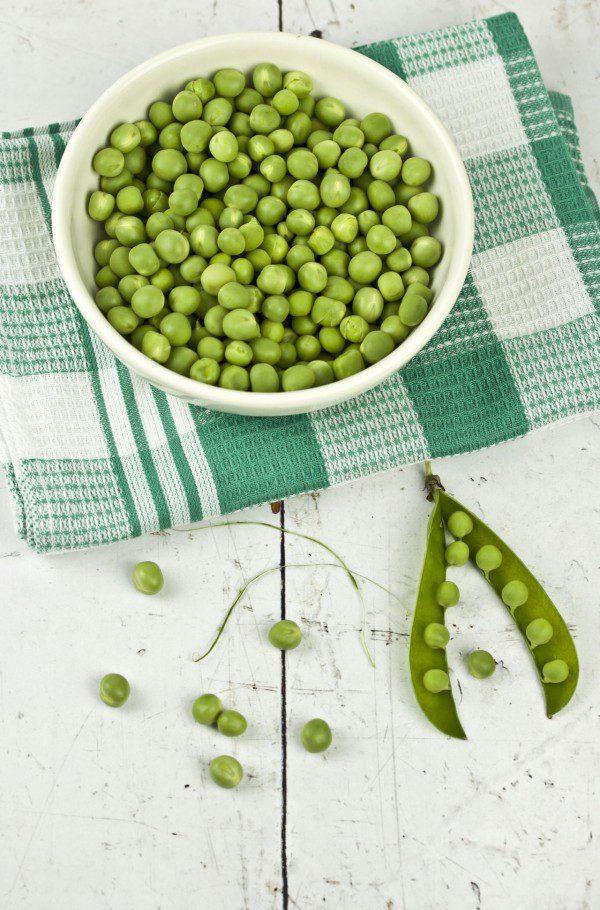No matter your overall dietary preference, We could all do with more plant based food in our diet. And while plant-based food is set to become the hottest trend of 2018, we’re recommending it for health and not fad reasons. Luckily, you can find inspiration pretty much anywhere now. Instagram is a hot favourite with bloggers like Naomi Smart and Deliciously Ella sharing their food creations daily. The trend for vegetarian and vegan diets is on the rise: “Between 2012 and 2016, another market research group, Mintel, said they’ve seen a 25 per cent increase in vegetarian claims and a 257 per cent rise in vegan claims in new grocery store products.” (source). It’s great news to see people more aware of eating plants in their diet, whether you commit 100% or are just looking to get your 5 a day. But there’s still a way to go if we want to hit the suggested optimal serving of 10 fruits and vegetables per day. And one easy way to do it is through protein. Today’s post focuses on plant based protein benefits.
Introduction to plant based protein benefits
As you’re aware, there are three macronutrients (protein, carbs and fat). While we can forego carbs or fat (think keto/high carb low fat diets), protein is the only macro we literally cannot live without. In our bodies, protein plays a key role; structural, hormonal and more. But ask what some good sources of protein are, and the most common answer returns as meat, fish and/or eggs. But protein can be found in a lot of sources beyond just meat and fish! And there’s lots of benefits to plant based protein. We thought we’d help inspire your weekly plant based dinners with some high protein vegetarian ideas (suitable for vegans too).
5 Plant-Based Protein Benefits
Let’s start with some plant-based protein benefits. Here’s just a few reasons to include more in your diet.
Lowered inflammation
Studies have shown a high protein diet to have benefits like reducing liver fat, insulin resistance and liver inflammation (source). Inflammation is the root cause of many diseases so it makes sense to eat a diet rich in anti-inflammatory foods. Plant based foods are more alkaline and also don’t cause the production of inflammatory cytokines helping you enjoy the vast benefits like improved digestion, weight loss, cancer protection and decreased risk of heart disease.
Fibre
Plants are packed with fibre which helps feed our gut bacteria and provide for a healthy digestive system. Different classes of fiber serve different purposes in your body. Soluble fiber in particular is a fantastic source of food for our good gut bacteria and helps keep us full while insoluble fibre helps keep everything moving. If you love this topic, you can geek out about it over on the paleo mom’s blog.
Planet Earth
It’s not a direct benefit for your body, but incorporating more plant based foods is great for the health of the planet. Plants are biodegradable and require less resources. You can add a further helping hand by choosing organic, buying local, using reusable bags and/or recycling all your plastic waste.
Health Boost
Whether you’re following a well planned vegan or vegetarian diet or just adding more plant based food into your diet overall, you can guarantee a benefit to your health. This is because you’re also adding a heap more fibre, vitamins, minerals and antioxidants all of which help support your body and prevent against disease. Some noted benefits eating more plants includes increased energy, consistent weight and better skin. Win-win.
Budget Friendly
Let’s face it, eating some sort of animal protein at every meal can get expensive, even if it’s in small amounts. And plant based food in this case can really come to the rescue. Looking to legumes like black beans and chickpeas can provide an impressive amount of protein, up to 16g per serving in fact!
High Protein Vegetarian Ideas:
How much protein do you need anyway? While it’s a macro we cannot live without, you only require a small amount in your daily intake. Not only that, however, but protein breaks down into amino acids. There’s a total of twenty amino acids of which 9 are essential, meaning tht our body cannot make it and we need to get these from food. Protein rich food contain different types of amino acids in varying amounts. All of this to say, you need to get a wide variety, especially in the case of plant based protein. Theres a lot of different guidelines in terms of how many grams of protein to eat daily. A good ballpark is around 0.75 g/kg per day but this amount will vary based on your weight/age/health/body mass and health goal (hypertrophy, general health, fitness etc).
Below is a quick list of ideas to help you get inspired.
- Black beans
- Natto
- Spirulina
- Hemp
- Tempeh
- Nutritional Yeast
- Lentils
- Green peas
- Quinoa
- Seeds
And finally, here’s some ideas to put it all together. Check out Maggie’s recipes!
Recipes to try

https://www.iinh.net/tikka-spiced-chickpea-beetroot-and-pomegranate-salad/

https://www.iinh.net/summer-squash-petit-pois-and-quinoa-salad/

https://www.iinh.net/tofu-fried-black-venus-rice-vegetables-seaweed/
To summarise, it’s not about demonising or avoiding animal protein. There’s a time and place for both animal and plant based proteins. This post is focused on plant based protein benefits and getting you thinking outside the box! Happy Cooking!
Further reading:
When should I eat protein powder?











